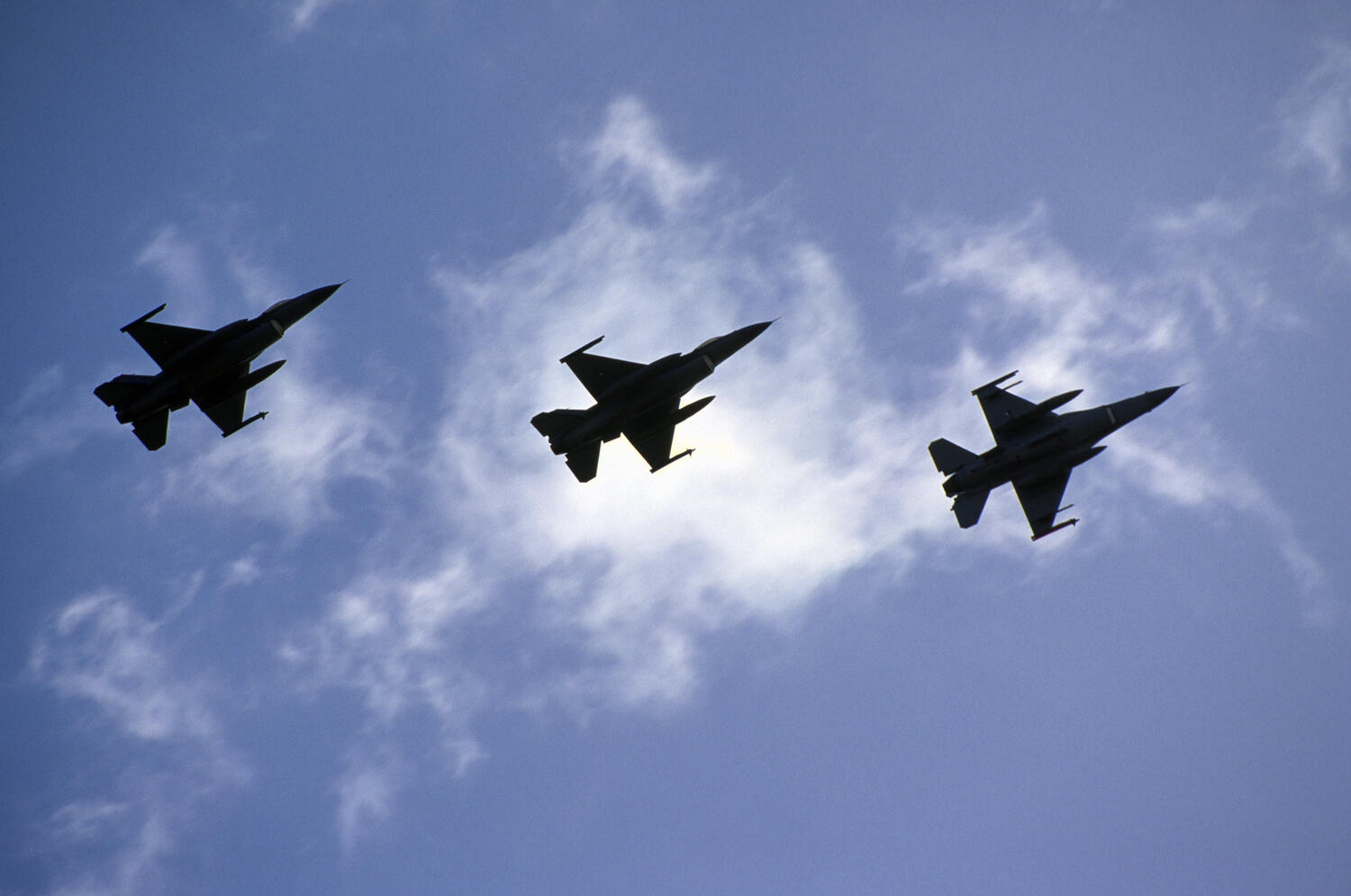Political pressure is mounting, and Europe is accelerating its efforts in defense.
The new European plan demonstrates a determination to stimulate significant investment in defense. Building on the ReArm strategic initiative, Europe aims to bolster its industrial and strategic resilience :
- The ambition is to mobilise €800 billion of investment over four years,
and a number of institutions have already committed to this.
One such institution is the European Investment Bank (EIB), which broadened its eligibility criteria for defense investments in March. The EIB has historically been very conservative on this issue, but this change in trend tells us a lot about the shift in attitude.
The private sector will also be called upon, with defense now being included in ESG investment strategies, or at least in theory.
It is worth mentioning that the ICMA (International Capital Market Association), which guarantees green, social, sustainable and sustainability-linked bond labels, has refused to include defense on the list of eligible projects.
However, consultation is open on the possible creation of a new 'responsible defense' bond label.
These bonds would meet the same requirements as the other labels (with regard to the use of funds raised, traceability and reporting) but they would be linked to defense projects.
But that's where things get tricky:
- How can we distinguish between defense and 'attack' activities?
- How should we deal with dual-use technologies, such as drones?
- Which areas might interest responsible investors?
Responsible investors are likely to be more interested in investments that address security more broadly while also having a positive societal impact, such as:
- modernising electricity grids,
- developing renewable energy storage and
- protecting energy supplies against cyber-attacks.
According to the European Commission, the defense sector supports sustainability by contributing to resilience, security and peacekeeping. However, it remains to be seen how sensitive responsible investors will be to this view.
Some sustainable funds are adapting their eligibility criteria to include defense stocks from a social perspective, focusing on the protection of human rights. Sectors such as cybersecurity and surveillance are also beginning to find their way, under certain conditions, into so-called ESG investments.
But, one player is staying the course: Norway's sovereign wealth fund. Its ethical guidelines exclude participation in :
- serious violations of human rights,
- contribution to armed conflicts,
- involvement in the production or sale of weapons prohibited by international law,
- and also they don’t support activities considered contrary to international law, particularly in occupied territories.
Steel supplier Evraz, for instance, was excluded from the fund for supplying steel to the Russian defense industry.
The concept of 'sustainable defense' is a thorny issue that highlights the reality of responsible investment: the impact of politics, circumstances and financial interests often outweighs ethical considerations.
Once again, each investor's personal values remain the only true compass.



